Pakistan's Deputy Prime Minister and Foreign Minister, Senator Mohammad Ishaq Dar, and Chinese Foreign Minister Wang Yi chaired the discussions.
The dialogue comes at a crucial time as both countries seek to realign their foreign policy priorities in response to ongoing regional and global developments, while pushing forward the second phase of the China-Pakistan Economic Corridor (CPEC 2.0).
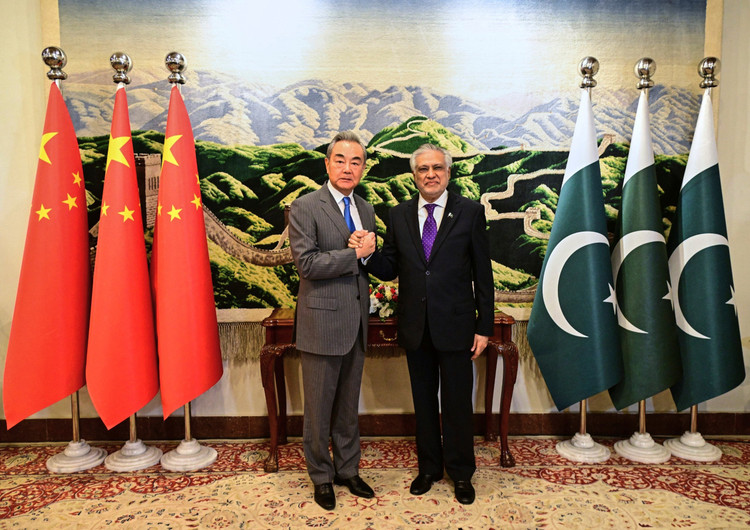
Chinese Foreign Minister Wang Yi and his Pakistani counterpart, Ishaq Dar in Islamabad. Photo: The Tndependent
The consultations reflect the long-standing “All-Weather Strategic Cooperative Partnership” between Islamabad and Beijing, which both sides describe as important not only for bilateral interests but also for regional peace and stability.
The talks covered a wide range of issues, reaffirming the multidimensional nature of Pakistan-China relations. The discussions focused on economic and trade relations, with special emphasis on accelerating the implementation of CPEC 2.0, which is designed to expand infrastructure development, industrial cooperation, energy projects and technology investments.
The leaders continued to explore the potential for enhanced cooperation in finance, agriculture, digital technology and renewable energy to ensure shared interests in the changing global economic landscape.
Both ministers stressed the importance of improving people-to-people exchanges, academic links and cultural cooperation as a means of enhancing bilateral understanding and friendship at the societal level.
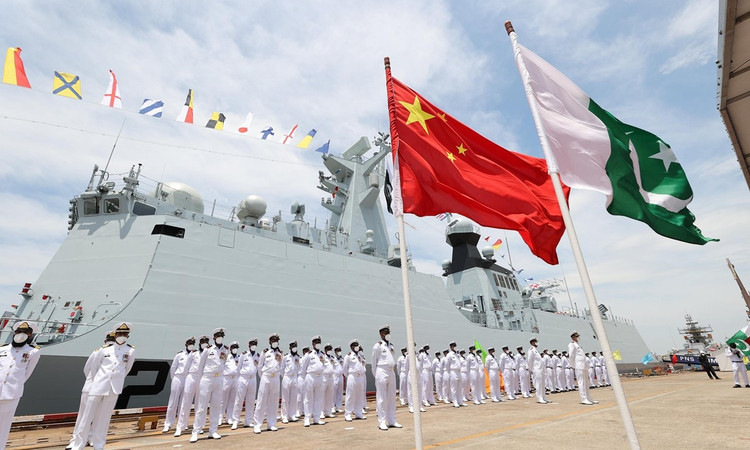
The two countries are particularly interested in regional strategic security. Photo: CPEC Dailly
Regionally, the dialogue highlighted shared security concerns and strategic priorities. Following Wang Yi’s trilateral meeting in Kabul with his Pakistani and Afghan counterparts, talks in Islamabad also touched on the situation in Afghanistan, particularly regional stability, counter-terrorism efforts and economic connectivity.
The Ministers acknowledged the importance of close coordination on developments related to Afghanistan and reaffirmed their commitment to a cooperative framework that promotes stability, inclusive governance and infrastructure integration across South and Central Asia.
The dialogue also reflects Beijing’s expanding influence in South Asia, as Wang Yi’s visit to Islamabad comes on the heels of his visit to India. In New Delhi, the Chinese foreign minister held high-level talks with Prime Minister Narendra Modi and senior Indian officials, including External Affairs Minister S. Jaishankar and National Security Adviser Ajit Doval, as part of the 24th round of border talks.
Foreign Minister Wang Yi has extended an official invitation from Chinese President Xi Jinping to Prime Minister Modi to attend the Shanghai Cooperation Organization (SCO) Summit scheduled to take place in Tianjin from August 31 to September 1.
Prime Minister Modi, while confirming his attendance, reaffirmed India's firm stand on the need to maintain peace and stability along the Line of Actual Control (LAC).
Mr. Modi stressed India's commitment to pursuing a fair and mutually beneficial solution to the boundary issue, and expressed New Delhi's intention to continue to engage in resolving the persistent border tensions through diplomatic means.
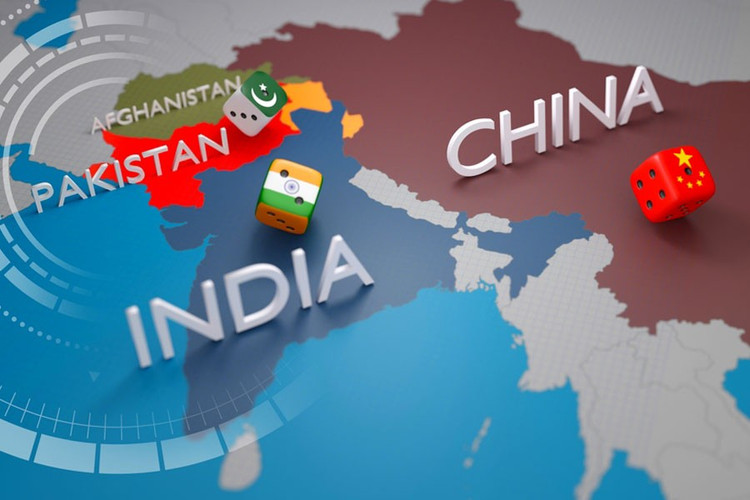
China, India and Pakistan all possess nuclear weapons and have a special role in the Asian region. Photo: Telegraph
The Islamabad meeting and Wang Yi’s extensive diplomatic tour across South Asia underscore China’s growing efforts to play a prominent role in shaping the region’s security and economic architecture amid a changing geopolitical landscape. For Pakistan, reaffirming China’s support is crucial given its economic challenges, security concerns, and geopolitical position in South and Central Asia.
For China, strengthening ties with Pakistan under CPEC 2.0 would provide a strategic balance with India, while securing vital energy and trade routes through Gwadar port and the broader Belt and Road Initiative (BRI).
Continued close coordination at multilateral forums, as agreed during the dialogue, indicates a direction in which Beijing and Islamabad will increasingly align their diplomatic positions on important international issues.
Ultimately, the sixth Pakistan-China Strategic Dialogue carries strong symbolic and practical significance, cementing a partnership described as indispensable for regional peace, stability and shared prosperity.
The talks not only strengthen bilateral cooperation but also send a broader geopolitical message about the centrality of Pakistan-China relations in the regional balance of power at a time when South Asia is facing a complex strategic realignment.
Source: https://khoahocdoisong.vn/trung-quoc-va-pakistan-doi-thoai-chien-luoc-an-ninh-khu-vuc-post2149047611.html



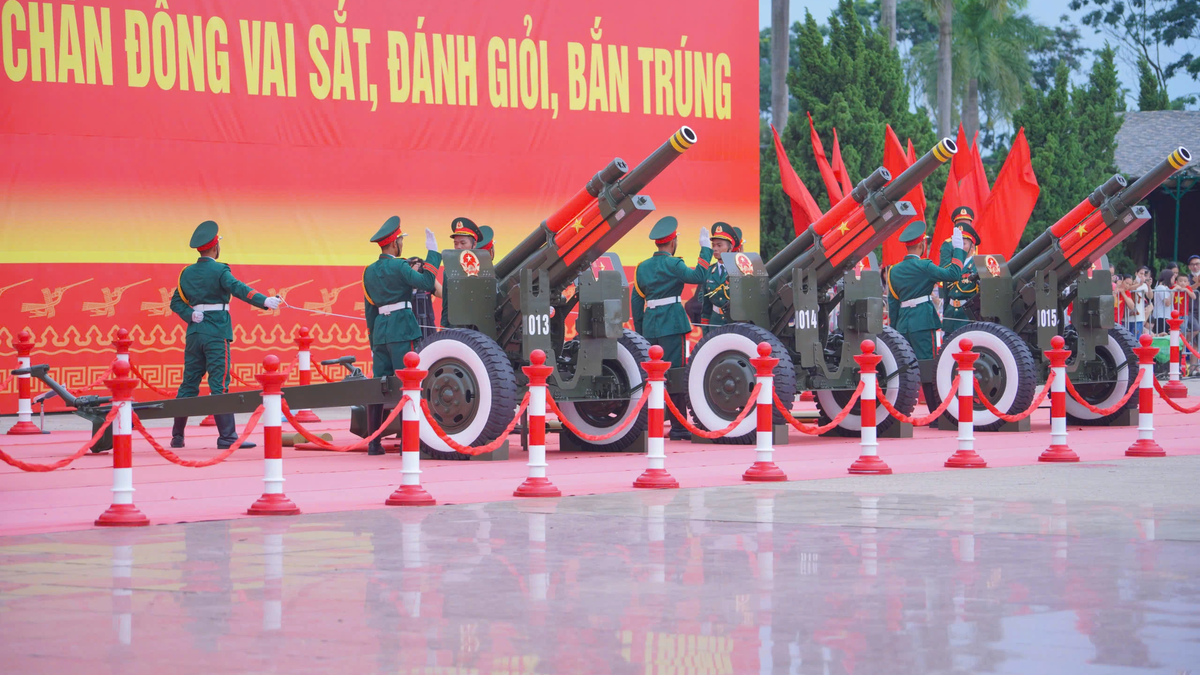
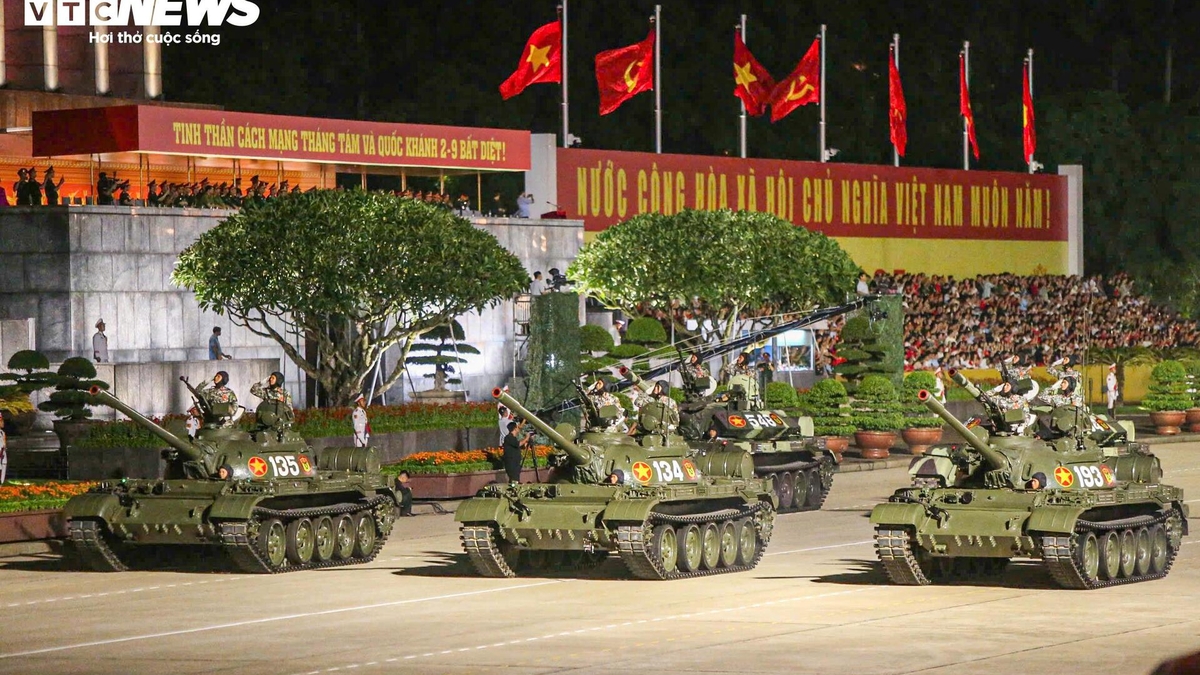
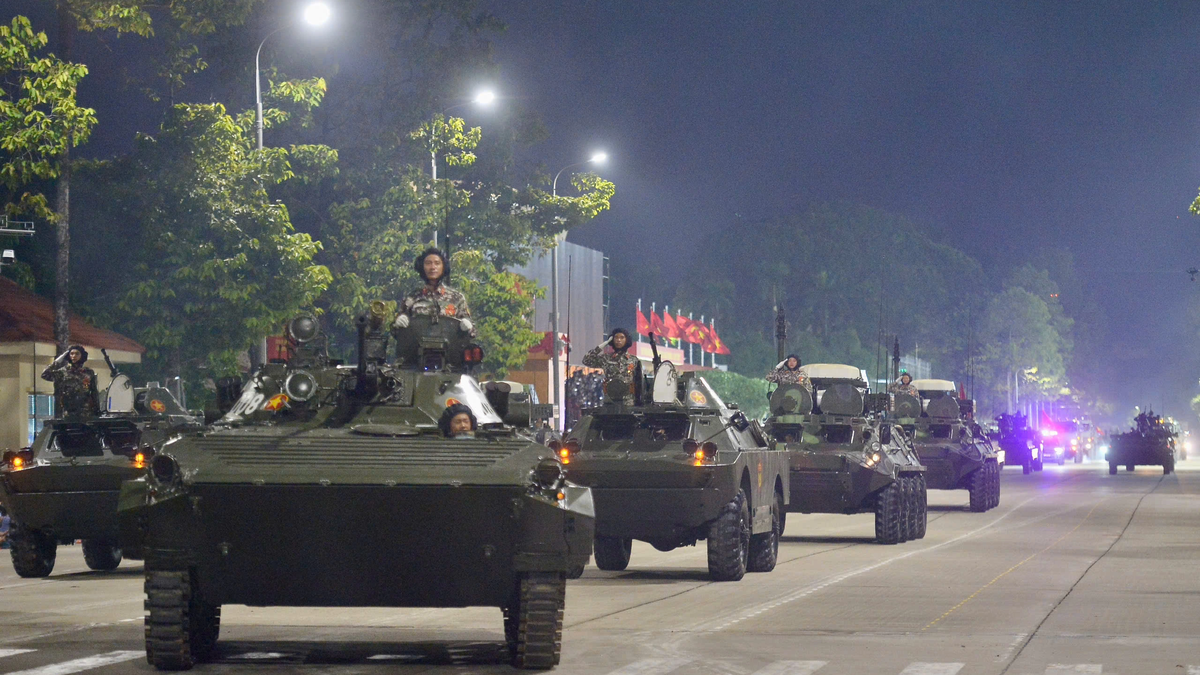
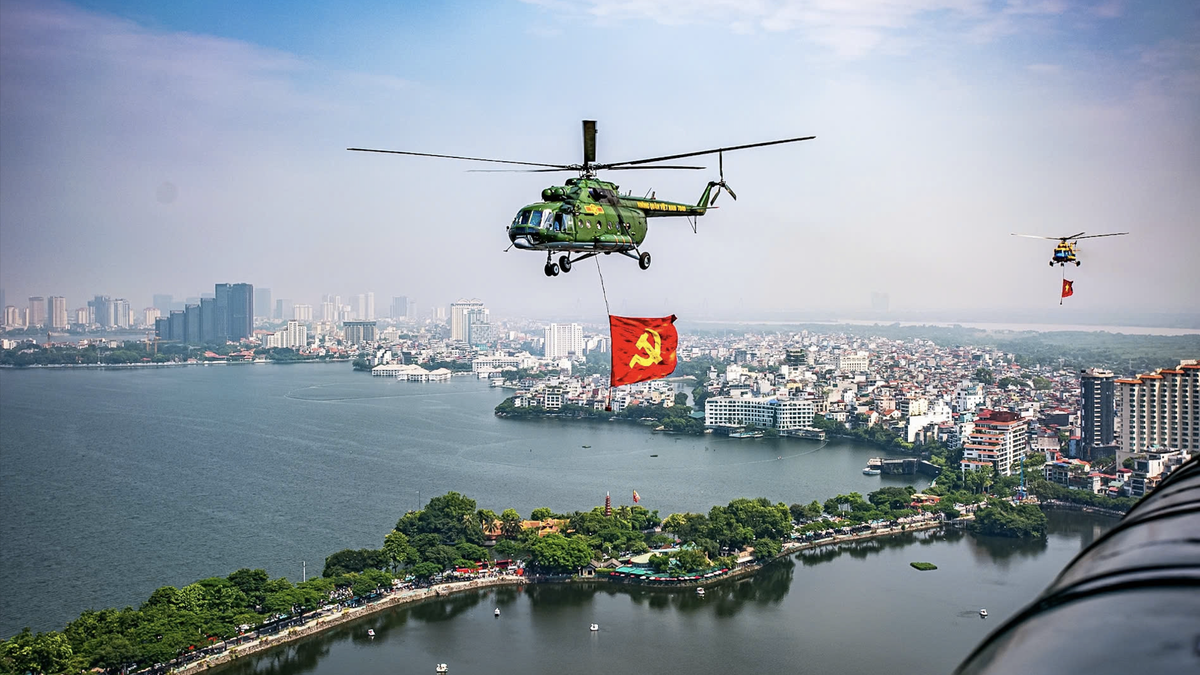
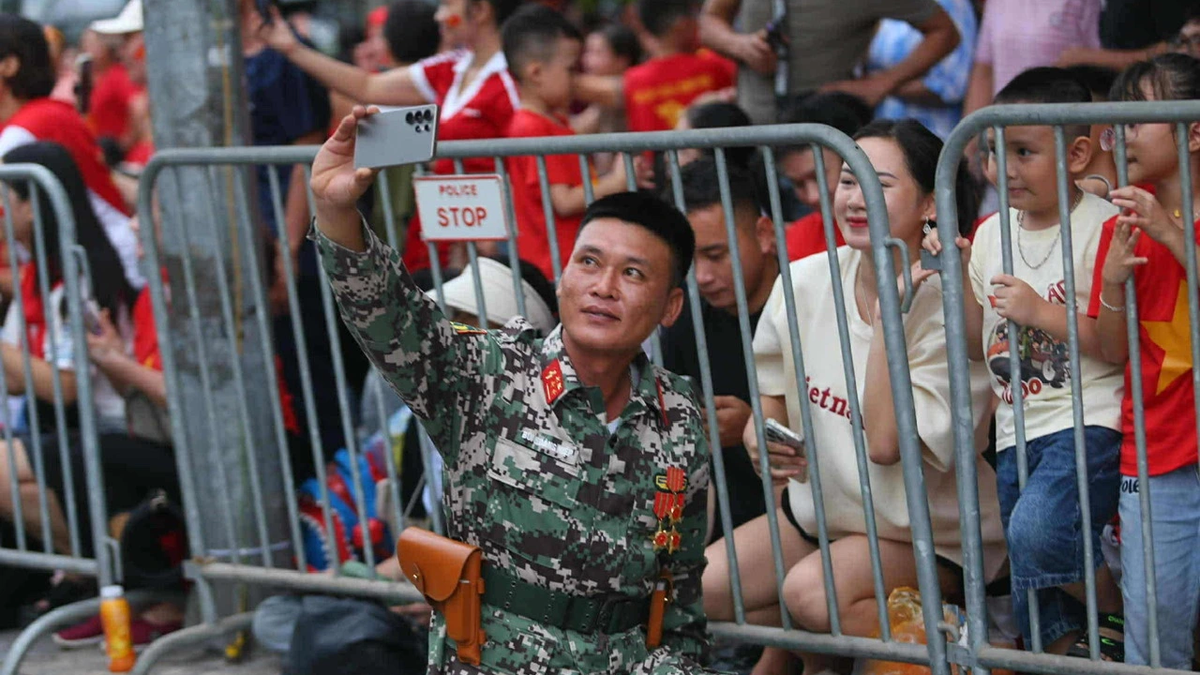
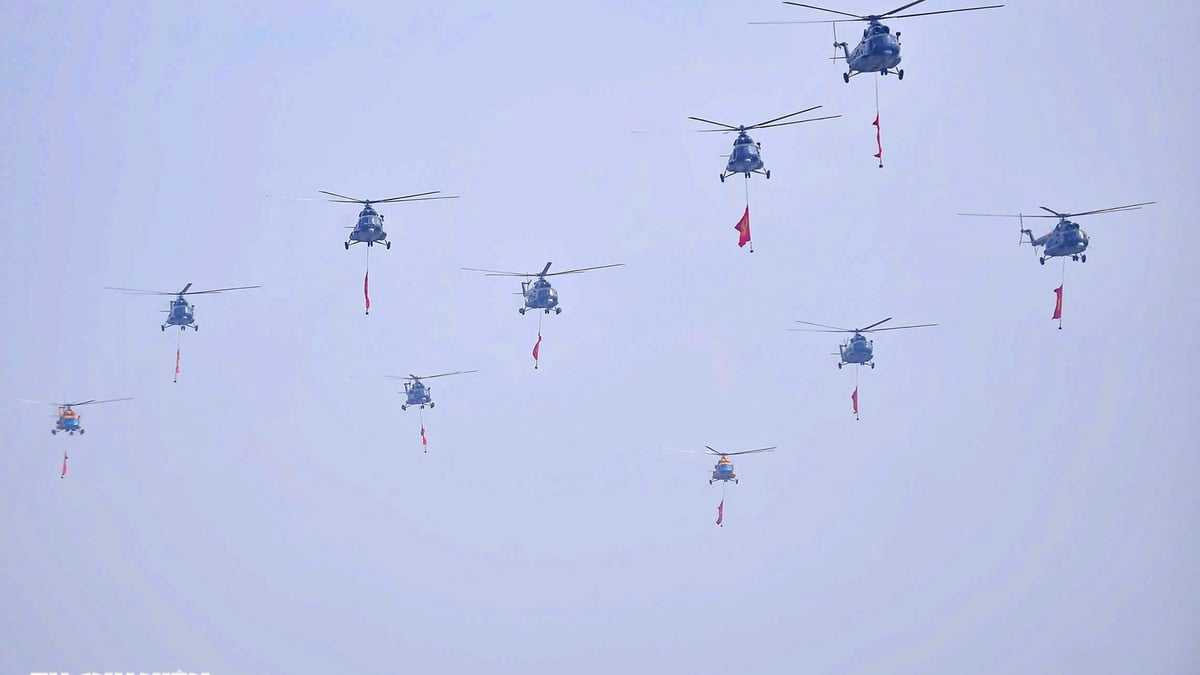





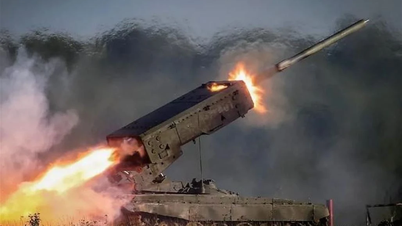




























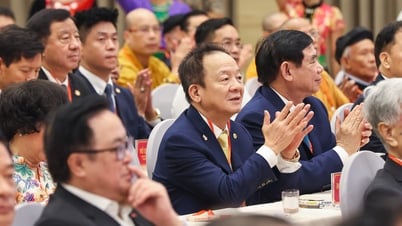












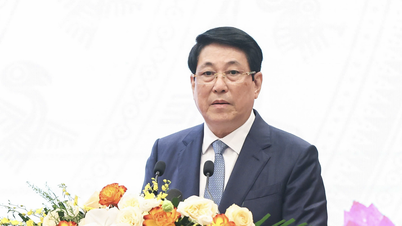








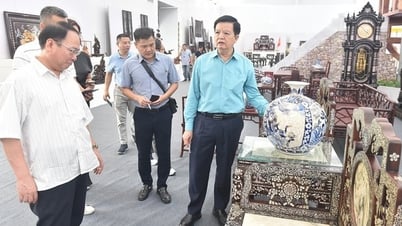












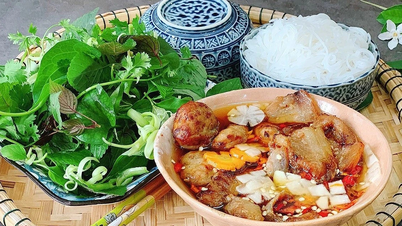

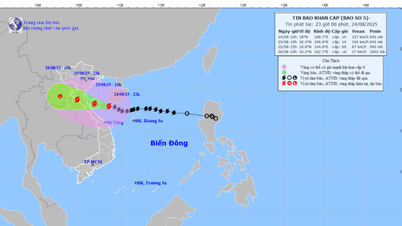

















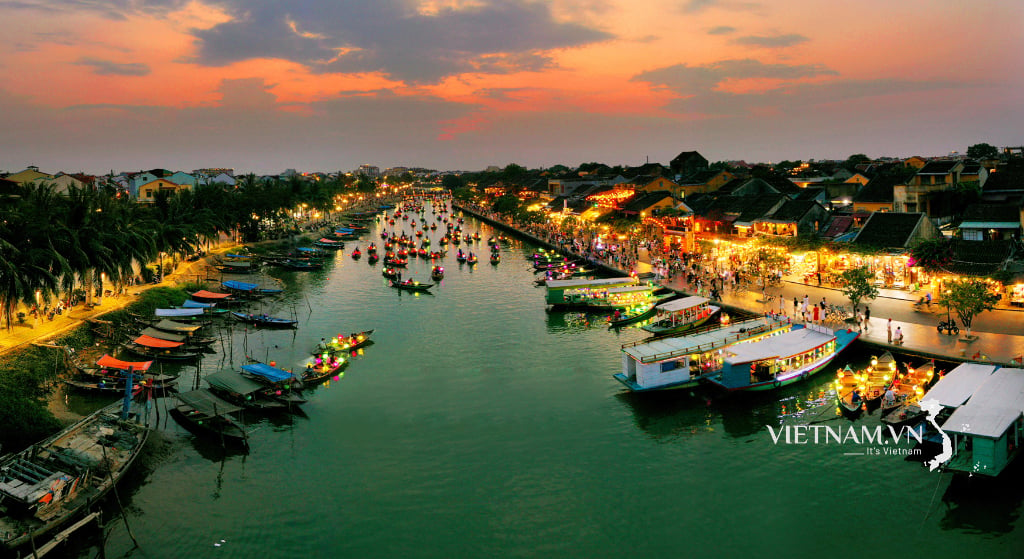
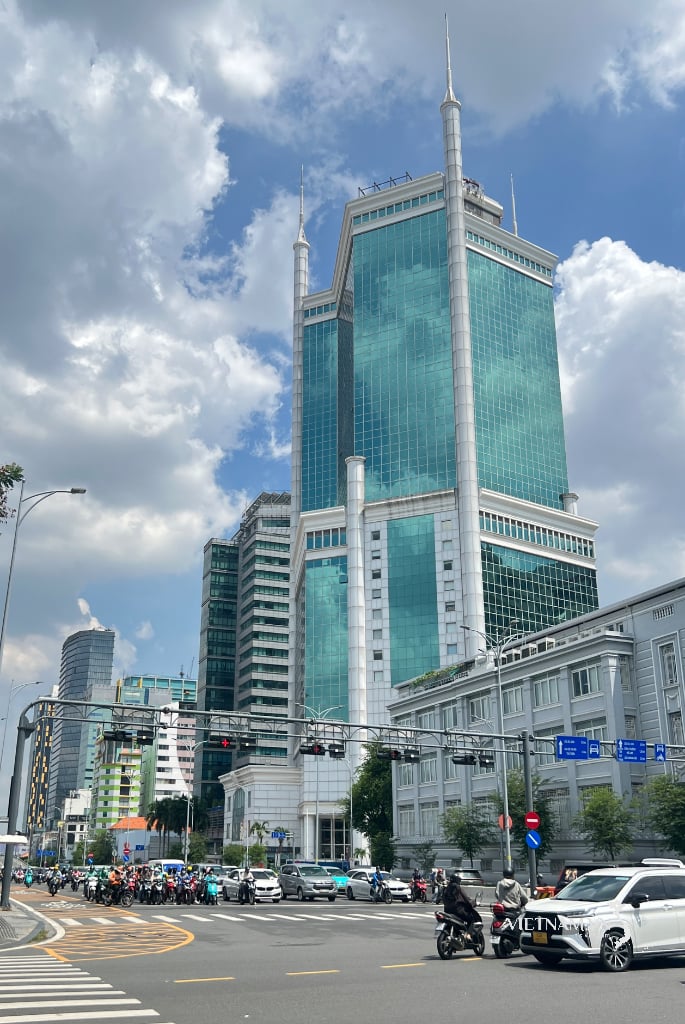
Comment (0)